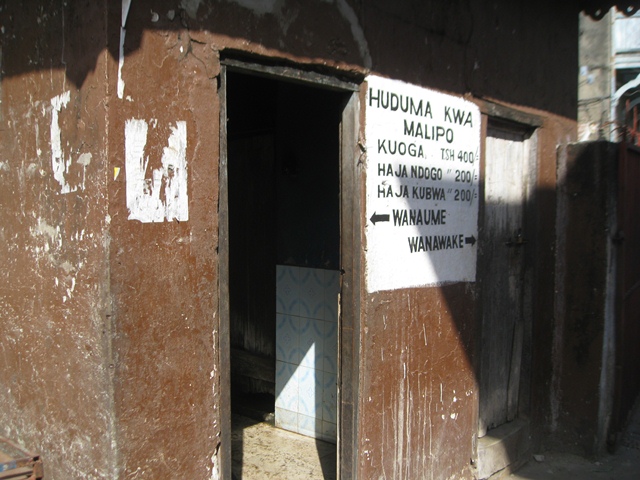Slang and colloquialisms are art forms…..try explaining why we say “it is raining cats and dogs” or why you can ask some one “what is up?” without literally wanting the answer to be the sky or ceiling. Ah, English conversation hour at our vocational training center continues to be an adventure. Every week they bring new questions and I try to explain the best I can in Kiswahili. Plus, add to that my need to first translate from British English. They are learning a lot though and their English is really improving each week…and I hope my Kiswahili too as I learn new words for things. I am even understanding more of their slang! A great one I learned is “nimekula hasara” which literally means “I have eaten the damage or loss” but is used when you invest in something that turns out to be a bust! I also learned that there are about a zillion ways to say you need to use the bathroom. The most used are either saying “I need to help myself” or “I have a need” and you specify a “small need” or a “big need” and you can guess what the difference is! This morning I saw this new sign painted on the public toilets in the market..gotta love it!
translation:
Services for Paying
to bathe…………400 shillings
a small need…..200 shillings
a big need………200 shillings (why they specify between the 2 “needs” and then charge the same I have no idea…..except maybe the attendant brings you more water for the later?Gross!)
men to the left and women to the right
*needless to say this is why I hold it until I get home!
Hey, good Kiswahili vocab for Andy and I to know (nimekula harasa) 🙂